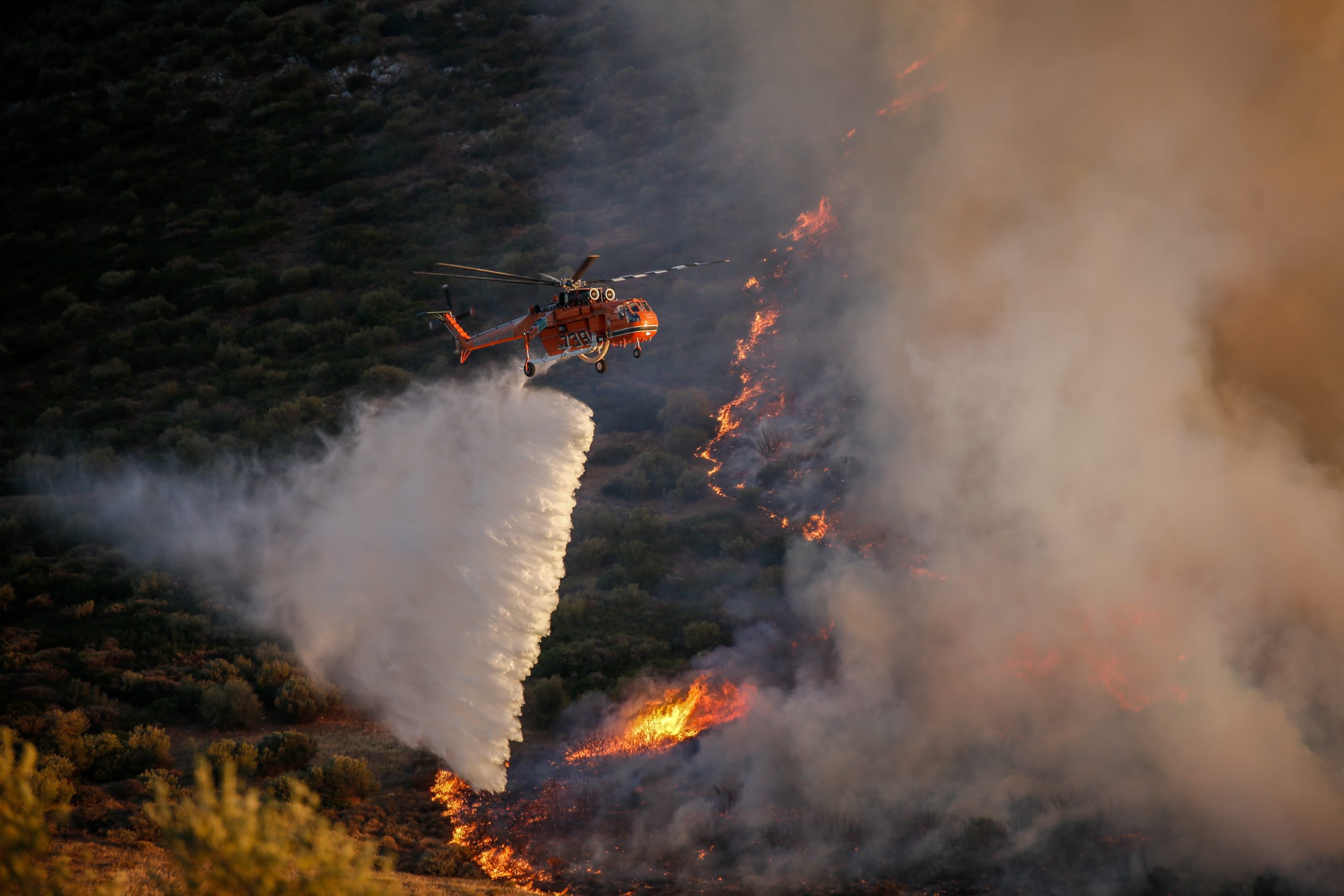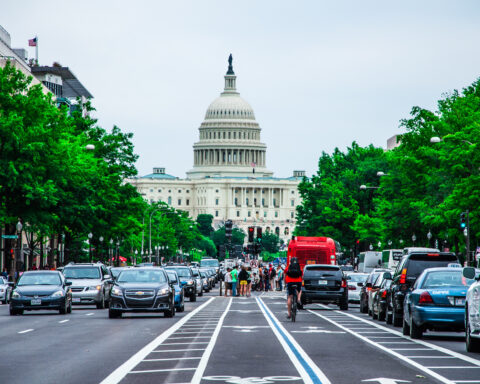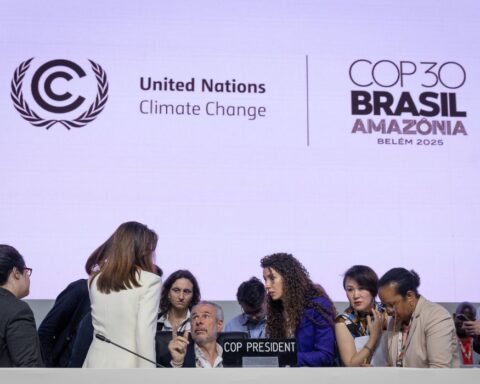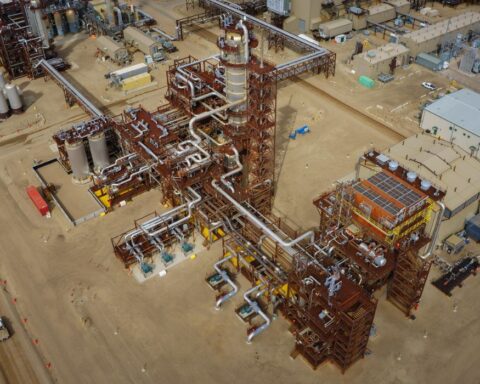Canadian Prime Minister Mark Carney has declared that by 2035 Canada will be spending 5% of its gross domestic product on defence, mostly on core military expenditures and their supporting supply chains and infrastructure requirements. Spending will reach $63 billion this fiscal year, growing to an eye-watering $150 billion per year a decade from now. We will gain an expanded arsenal of fighter jets, armoured vehicles, submarines and warships, but will we be more secure?
It is a “spend first, ask questions later” approach that does not pretend to be based on any systematic, thoughtful analysis of how to best defend ourselves against the clear and present dangers that are eroding our security.
Paramount among those dangers are unstable and collapsing global ecosystems. From climate change alone, Canada has sustained tens of billions in economic losses and significant human health impacts and deaths from wildfire, flood and heat-related events. If another country were inflicting this pain and suffering, we would surely be at war with them. But we are doing this to ourselves with our continued and unsustainable dependence on fossil fuels. As cartoonist Walt Kelly wrote in his famous Pogo comic strip for the first Earth Day in 1970, “We have met the enemy, and he is us.”
RELATED:
Canadian groups call for dramatic increase to wildfire defence funding
Canada needs strong climate policy to be competitive in countries beyond the U.S.
Unlike the dubious and unsupported promise of security that comes with the military spending target, strategies for investing in decarbonization are based on analysis of how investment in specific technologies can reduce our greenhouse gas emissions to targeted levels.
In our Climate Dollars research at Corporate Knights, we have specified a program with $1.5 trillion of capital premiums for transitioning buildings and all road transportation off fossil fuels. Our plan also accommodates an electricity supply system double today’s size, and all based on renewables. That’s an average of $60 billion per year, or a little less than this year’s military spending before the planned increase.
If another country were inflicting this pain and suffering, we would surely be at war with them. But we are doing this to ourselves with our continued and unsustainable dependence on fossil fuels.
The Climate Dollars program includes heat pumps, efficiency upgrades and climate adaptation measures for nine million buildings; 29 million electric personal vehicles and 11 million electric trucks; $12 billion for bike lanes and enhanced pedestrian infrastructure; 45,000 wind turbines; a million solar rooftops and hundreds of solar farms; 580,000 public EV chargers with vehicle-to-grid infrastructure; and a high-voltage electricity transmission “superhighway” linking the country from coast to coast to coast. It would revitalize the Canadian economy from the ground up, creating employment everywhere there are buildings, vehicles, wind or sunshine. Such an undertaking would position Canada on the forefront of the sustainability transition that is gathering momentum and that will be the defining feature of the 21st-century economy.
At the Canadian hearings of the World Commission on Environment and Development in 1986, I argued that environment is a security issue: “We approach the millennium in a world in which global interdependence is the central reality but where absolute poverty and environmental degradation cloud our vision of a common future.” Then as now, increasing militarization saps the idealism of the young and the will to dream in us all. In their final report, the commission recommended that governments should assess the cost effectiveness, in terms of achieving security, of money spent on armaments compared with money spent on reducing poverty or restoring a ravaged environment. “There are no military solutions to environmental insecurity,” the commission concluded.
Spending on climate mitigation and adaptation should be included in NATO’s 5% target. That would accelerate the energy transition we need while opening a path to a lasting peace, not only with nature, but with each other.
Ralph Torrie is director of research at Corporate Knights.
The Weekly Roundup
Get all our stories in one place, every Wednesday at noon EST.







